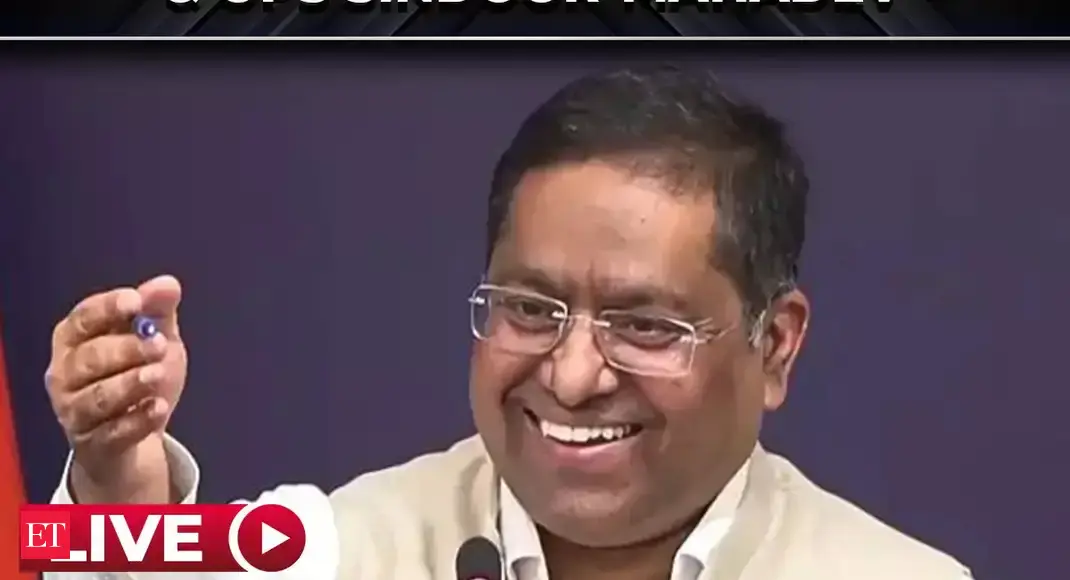

The Ministry of External Affairs (MEA) is currently addressing several critical international matters, including newly imposed Trump tariffs, the implications of Operation Sindoor, the enforcement of oil sanctions, and the ongoing case of Nimisha Priya.
Trump Tariffs
President Trump has recently signed executive orders imposing significant tariffs on goods shipped to the U.S. from numerous countries. Effective August 7, these tariffs range from 15 to 41 percent, marking the highest levels in over a century. These measures follow through on recent trade agreements and threats to impose duties on countries that haven't reached deals with the U.S.. A senior administration official described this as a "new system of trade" and the "Trump round of negotiations". The administration is maintaining a 10 percent baseline tariff on countries where the U.S. has a trade surplus. Countries with trade deficits face tariffs of 15 percent or higher. Some countries, like Syria and Myanmar, face tariffs as high as 41 and 40 percent respectively. Tariffs on Canadian goods not compliant with the U.S.-Mexico-Canada Agreement will increase from 25 to 35 percent. Mexico received a 90-day extension on existing tariffs.
Operation Sindoor
In May 2025, the Indian Armed Forces executed Operation Sindoor, targeting terrorist infrastructure in Pakistan and Pakistan-administered Kashmir. This operation was a response to a terrorist attack in Pahalgam where 26 tourists were killed. Indian officials have stated that the strikes were precise, non-escalatory, and focused on terrorist training camps, avoiding Pakistani military facilities. Pakistan, however, claimed the strikes hit civilian areas, resulting in casualties. The operation involved air strikes and missile strikes on nine sites. Some reports suggest the Indian Air Force dismantled Pakistan's air defense systems using a mix of deception, electronic warfare, and targeted missile strikes. Pakistan's air defense shield, built with US and Chinese technology, failed to defend against the operation.
Oil Sanctions
The European Union (EU) has implemented its 18th package of sanctions against Russia, impacting Indian refiners. These sanctions prohibit imports of refined products derived from Russian crude oil from third countries, excluding Canada, Norway, the US, the UK, and Switzerland. An ICRA report suggests that India's petroleum product exports to the EU, valued at $14.3 billion in fiscal year 2025, could be affected. The EU has also reduced the crude oil price cap from USD 60/bbl to USD 47.6/bbl and added 105 vessels to the restricted list, subjecting them to port access and maritime transport service restrictions. The U.S. has also been active in sanctioning entities involved in the Iranian oil trade, including six Indian firms, for allegedly engaging in significant transactions involving Iranian petrochemical and petroleum products. These firms are now blocked from accessing US assets and barred from dealings with American companies. China continues to secretly purchase Iranian oil, evading U.S. sanctions using "dark fleets" to transfer oil at sea.
Nimisha Priya
The MEA has refuted reports that the execution of Nimisha Priya, an Indian nurse sentenced to death in Yemen, has been revoked. Priya was convicted in a murder case in 2017. Claims of the revocation emerged from the office of Sunni leader Kanthapuram A.P. Aboobacker Musliar, but the MEA has clarified that this information is inaccurate. The MEA has appointed a lawyer to assist Priya's family with the legal process in Yemen, exploring possibilities for clemency or pardon under Sharia law. The Indian government is providing all possible assistance, including regular consular visits, and is in contact with local authorities and friendly governments to seek a favorable outcome. Her execution was originally scheduled for July 16 but was temporarily halted following interventions.